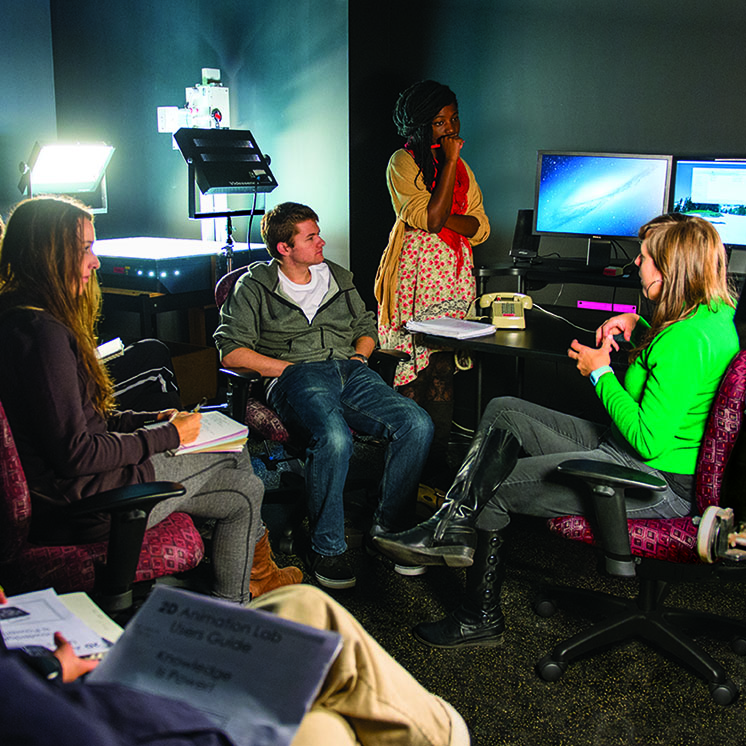Political Economy and Social Movements: Race, Class, and Gender
REVISED
Spring 2016 quarter
Taught by


We will examine the nature, development, and concrete workings of modern capitalism and the interrelationship of race, class, and gender, primarily in the contemporary context. We will focus on the themes oppression, exploitation, social movements, reform, and fundamental change, as well as the construction of alternatives to capitalism, nationally and globally. We will examine social changes that have occurred in the past, present trends, and alternatives for the future. We will examine different theoretical frameworks such as liberalism, Marxism, feminism, anarchism, and neoclassical economics, and their explanations of the current United States and global political economy and of key issues such as climate change, poverty and inequality, immigration and the criminal justice system.
In studying the U.S. experience, we will study linkages from the past to the present, between the economic core of capitalism, political and social structures, and gender, race, and class relations. Resistance and social movements will be a central theme. We will also investigate the interrelationship between the U.S. political economy and the changing global system, historically and in the present. We will study causes and consequences of the globalization of capital and its effects in our daily lives, and the role of multilateral institutions. We will analyze the responses of societies such as Venezuela and social movements such as labor, feminist, anti-war, environmental, anti-racist, indigenous, and youth, and the global justice movement in the U.S. and internationally in opposing the global order. We will look at alternatives to neoliberal capitalism, including participatory socialism and strategies for fundamental change.
Students will be introduced to economics from a neoclassical and political economy perspective. Within microeconomics, we will study topics such as the structure and failure of markets, work and wages, growing economic inequality, poverty, and the gender and racial division of labor. We will study macroeconomics, including austerity policies and critiques of it, the role of debt, and causes and solutions to unemployment and economic instability.
Students will engage the material through seminars, lectures, guest speakers, films, workshops, synthesis papers based on program material and concepts, and a take-home exam.
Program Details
Fields of Study
Preparatory for studies or careers in
Location and Schedule
Campus location
Olympia
Schedule
Offered during: Day
Advertised schedule: First spring class meeting: Tuesday, March 29 at 10am (Sem 2 B3105)
Books
Online Learning
May be offered again in
Revisions
| Date | Revision |
|---|---|
| December 21st, 2015 | Carlos Merentes has joined the teaching team. |
 my.evergreen.edu
my.evergreen.edu

 Spring
Spring